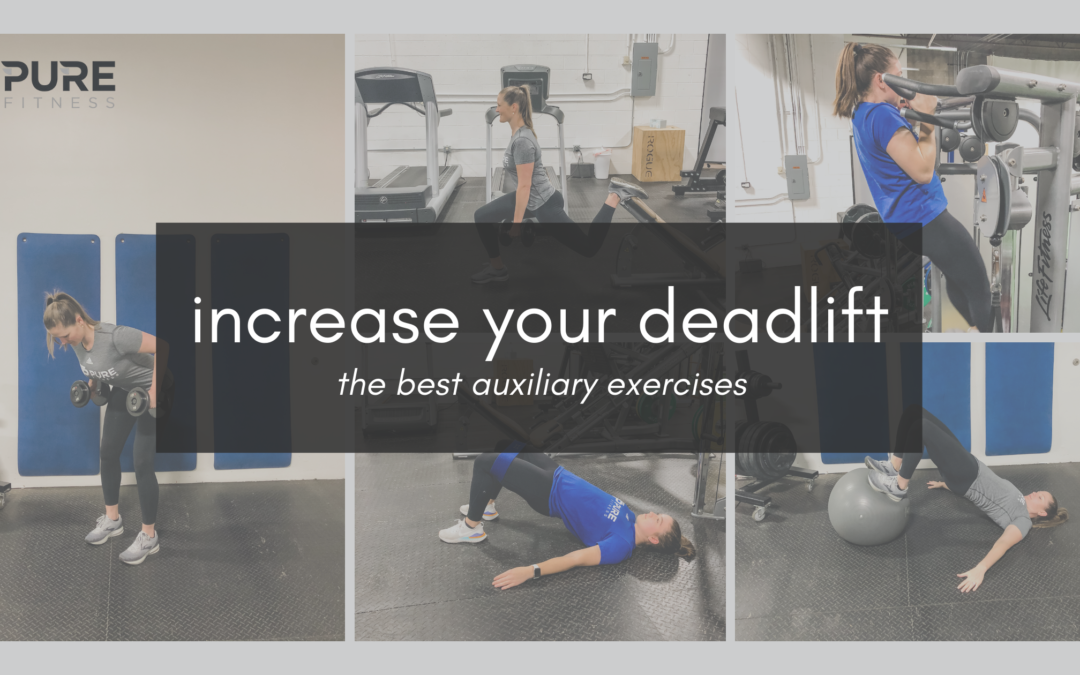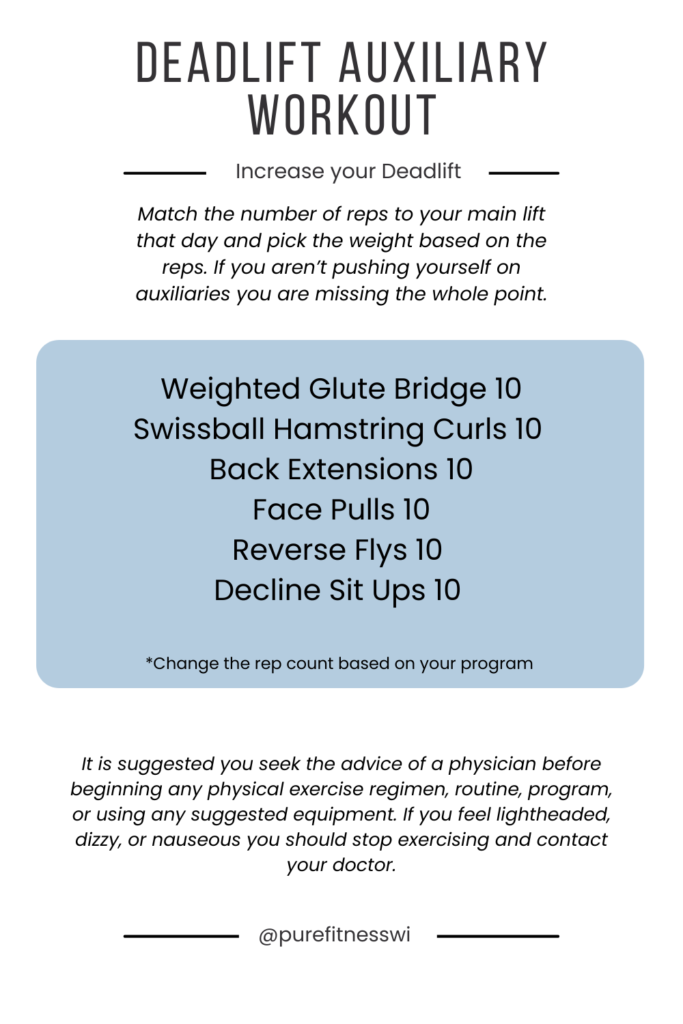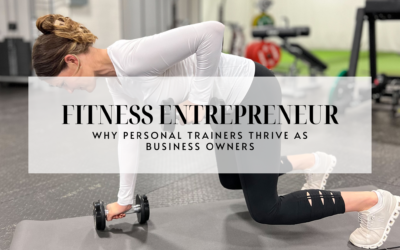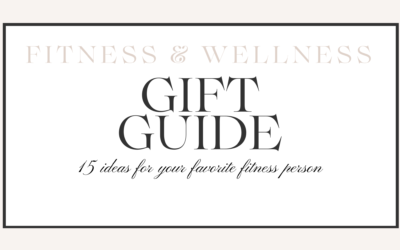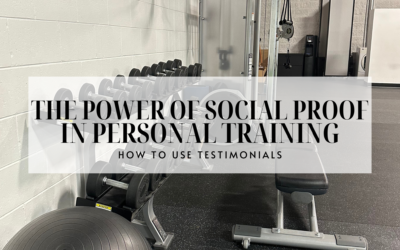Personally I think the deadlift is a very impressive lift. To look at a bar with hundreds of pounds on it and pull it off the ground from a dead stop is crazy. Maybe I think that because deadlift is my favorite. Or maybe it’s my favorite because I think about it in that way. I don’t know but either way I love it! And now I get to share all I know about increasing your deadlift with you.
 As I said, the deadlift is my personal favorite (see the picture of me deadlifting). Probably because it’s my best lift, but I also like it because it is the simplest movement. When someone asks about the deadlift, I often say that you just have to stand up.
As I said, the deadlift is my personal favorite (see the picture of me deadlifting). Probably because it’s my best lift, but I also like it because it is the simplest movement. When someone asks about the deadlift, I often say that you just have to stand up.
In reality it is way more complicated than this due to the weight. The load of the bar in front of your body pulling your shoulders forward really changes the process of standing up. To perform the most efficient deadlift, you need to stand up as normal as possible, by strengthening the muscles that are carrying the bulk of the weight.
Let me clarify what I mean by “stand up as normal as possible”. I like to reference the position toddlers go into naturally – they keep their back flat/upright as they squat down to the ground from their hips. Now you don’t need or want to be that low, but the point is that this is our body’s normal movement pattern.
We want to move evenly with the bar by flexing and extending at our hips and knees at the same time. We do NOT want them to move separate of each other. You see that when the lifters legs are straight or almost straight and they pull the rest of the weight to lock out using their back.
In this article, I will talk about the major muscle groups in the deadlift and auxiliaries to strengthening each muscle. We will also discuss common issues, like above, and ways to help fix them. These exercises when used correctly can help improve overall strength and therefore maintain proper technique through the lift.
Primary Muscles Involved In The Deadlift
If you are looking to start deadlifting or trying to increase your numbers it is important to have a basic understanding of what muscles are being used. Let’s review the primary muscles used in the deadlift and why you want to train those muscles individually as apposed to only in the deadlift pattern.
Glutes, Hamstrings & Quadriceps The glutes and quads to extend the hips and the quads extend the knee during the accent of the deadlift.
Erector spinae & Abdominals – These muscles resist the force of gravity to keep the back aligned and in the best positions to perform the lift. Without proper core strength, the back is more likely to arch and this will make shoulder retraction more difficult.
Trapezius & Rhomboids – These muscles work together to resist the gravity on the bar to keep the shoulders retracted and lockout the shoulders on top.
Main Dysfunctions Seen During The Deadlift
Here are the outcomes we don’t want to see when performing a deadlift. I will tell you why it happens and how you can address the issue. If you can keep these points in mind during your workouts you will be able to recognize and fix the issue and be able to safely increase your deadlift.
Rounding of the Back
If your back is rounding it is caused by a loose core, or bad set up. Always make sure to starting the lift with shoulders back, chest up, and a strong core. Your set up is going to make or break your sets.
Loose Lock Out on the Top
Not locking out at the knees, hips, or shoulders is going to be a red light according the USA powerlifting federation (where we are members). The knees not locking out is often because the lifter is not paying attention. People often forget that the hip extension comes from glute flexion and core tension. Shoulder retraction is crucial to the lock out, a good set up will help with this.
Uneven Movements at the Joints
This is when your hips start moving before the shoulders. This can easily be fixed, but you might have to back-track for a bit and it will feel strange and weak. Your knees, hips, and shoulders need to move together to perform the lift the most efficiently. If your hips start moving before your shoulders, all the force at the end of the lift will be on your back.
Auxiliary Exercises That Can Help Increase Your Deadlift
If you are looking to increase your deadlift you are going to have to start including auxiliaries into your workout that address your weaknesses. Check out the list I have below of some of my favorite and most effective exercises categorized by muscle group. Try them out in your next workout and let us know what you think!
And remember that auxiliaries are used to stimulate a huge adaptation. If you aren’t pushing yourself on auxiliaries you are missing the whole point.
Exercises to Strengthen Your Glutes
- Glute Bridge Variations
- Hip Thrusts
Exercises to Strengthen Your Hamstrings
- Straight Leg DeadLifts
- Hamstring Curl Variations
Exercises to Strengthen Your Quadriceps
- Bulgarian Split Squats
- Lunges
- Squats
Exercises to Strengthen Your Erector Spinae
- Back Extensions
- Super Man
- Bird Dogs
Exercises to Strengthen Your Trapezius
- Face Pulls
- Bent Over Rows
- Pull ups
Exercises to Strengthen Your Rhomboids
- Reverse Flys
- Seated Rows
Exercises to Strengthen Your Abdominals
- Deadbugs
- Toe Touches
- Leg Raises
- V – Sit
Core strength is integral to your deadlift performance. Focus your attention on building a strong core and following a consistent training schedule and your deadlift (and other lifts) will common along. Do the opposite and you will likely experience plateaus and injuries. Check out this article on why training your core is essential. And take a look at all of our core workout videos here.
My favorite ab focused exercises:
- Ab Wheel – work up to 5 sets of 20 before adding resistance, like a plate on your back. Make sure you have a full range of motion and proper form before adding resistance.
- Plank – any and all variations are excellent. Be sure to hold your form when you add movement. The low back can not sag or arch. Upper body mountain climbers are a great finisher, or to failure exercise.
- Decline Bench Sit-Ups – there are many variations you can use to target unilaterally, rotation or upper body. A good goal to start with is 20 full sit-ups for 5 sets.
Auxiliary Deadlift Workout
Key Points During Deadlift Exercise To Help
Remember to keep your core engaged. Keeping the core engaged will help protect your back to ensure that everything stays tight and will help keep your back flat throughout the lift. This means that if the core is engaged it is helping to keep your torso straight and taking some of the pressure away from the back and to also not allow it to become rounded during the lift.
Your knees, hips, and shoulders need to move together to perform the lift most efficiently. An imbalance in this will increase the risk of injury and decrease the amount of weight you will be able to lift.
Other Main Lifts
Because of my powerlifting background I associate deadlift with the other two main lifts of powerlifting. Which are bench and deadlift.. They each contain their own unique muscular demands, but the philosophy behind training is no different. I have put together an article just like this one on the squat and the bench. Follow the links below to get specific information you can start applying to your workouts today.

3 Reasons a Personal Trainer Thrives as Fitness Entrepreneur
As the heartbeat of the fitness world, personal trainers hold a unique power - the power to transform lives, ignite passion, and inspire lasting change. Now, imagine channeling that incredible force into something even more extraordinary - your own fitness business....
Fit Finds: The Ultimate 2023 Fitness Gift Guide
Welcome to the world of fitness and wellness gifting! As we gear up for 2023, it's time to start setting goals and looking for resources to help us succeed. Whether you're a fitness fanatic or seeking the perfect gift for one, our Ultimate 2023 Fitness Gift Guide is...
The Power of Social Proof In Personal Training
In the world of personal training, where trust and credibility play pivotal roles, the concept of social proof functions as an authentic way to connect with your audience. Social proof, the influence created when individuals see others engaging in a particular...

